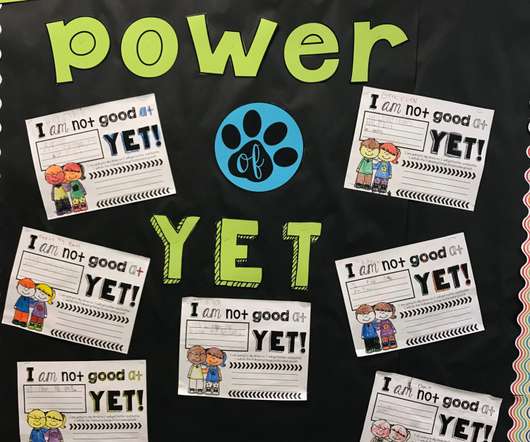New to Competency-Based Learning? Here're Five Ways to Assess It
Edsurge
MAY 22, 2017
He adds, “Kids are allowed to learn at their own pace, and can learn experientially.” When a competency-based approach to assessment is in place, students must show what they know as well as what they can do. Below are five ways to approach competency-based learning assessment.



















Let's personalize your content